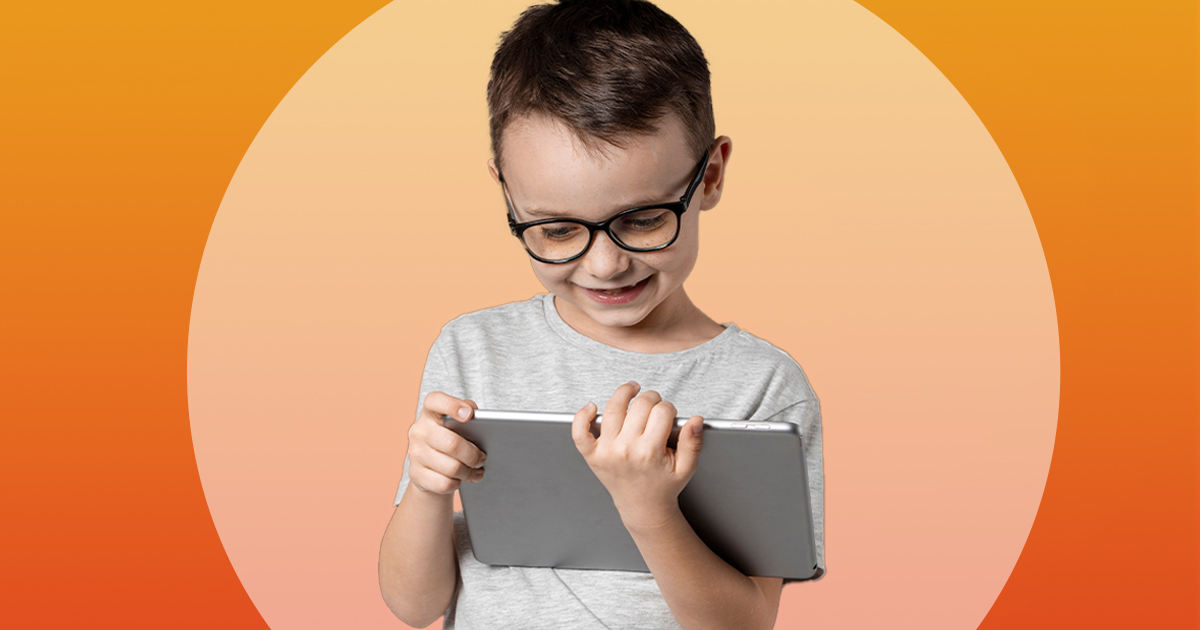In the realm of child development, traditional behavioral assessments have long been a cornerstone for understanding and addressing various behavioral issues. These assessments typically involve observations, interviews, and standardized tests conducted by professionals to evaluate a child’s behavior across different settings. However, as technology continues to evolve, there is a growing shift toward integrating digital tools to improve the accuracy and efficiency of these assessments.
This technological integration has significantly strengthened the behavior-based assessment process, especially in education, psychology, and human services, by making assessments more precise, scalable, and user-friendly. As a result, professionals can make better-informed decisions and achieve more effective outcomes.
The Rise of Digital Tools in Behavior Assessment
Accurate and comprehensive behavioral assessments are essential for identifying and addressing behavioral challenges in children. Traditionally, these assessments have relied heavily on subjective observations and self-reports, which can introduce inconsistencies and bias. However, the advent of digital technology has transformed this process by enabling real-time data collection and providing more objective insights.
With tools such as mobile apps, wearables, and digital observation platforms, professionals and caregivers can now track behaviors more accurately and consistently over time. Technology offers numerous advantages, including increased precision, reduced bias, and the ability to monitor progress and patterns longitudinally. Digital platforms also streamline the administration, scoring, and reporting of assessments, minimizing human error and saving valuable time for child behavior practitioners.

As technology continues to reshape behavioral assessments, a variety of innovative tools and platforms have emerged, each offering unique capabilities to support children’s development.
Types of Technology Used in Behavioral Assessments
One of the most exciting advancements in this field is the use of wearables and sensors for real-time data collection. Devices such as smartwatches, fitness trackers, medical-grade monitors, and even VR headsets can track physiological and behavioral indicators, like heart rate, movement patterns, or focus levels, offering valuable, objective insights into a child’s behavior. While the benefits of wearable technology are promising, it remains essential to ensure these tools are developmentally appropriate, safe, and ethically implemented when used with children.
Mobile applications also play a significant role in modern behavioral assessment. Apps like ABCmouse and ClassDojo provide interactive platforms for promoting and tracking positive behaviors, often incorporating reward systems, progress tracking, and parent-teacher communication tools. In addition, virtual reality and gamified assessments are being used to increase engagement, particularly for children who may struggle with traditional testing environments. These tools can simulate real-life scenarios, making it easier to observe how a child responds in context.
The Carrotology app is a standout example of this innovation in action. Currently enrolling participants for its Pilot Program, Carrotology integrates reward systems, interactive learning, behavior-tracking and team communication features into one user-friendly platform. This approach not only supports the development of new skills but also gives parents and professionals a deeper, real-time understanding of a child’s emotional and behavioral patterns, helping to guide more effective, individualized interventions.
The Benefits and Considerations of Technological Integration
The integration of technology into child behavioral assessments offers a range of meaningful benefits. It enhances the accuracy, efficiency, and consistency of data collection, allowing for more timely and precise interventions.
Unlike traditional methods, which may rely on sporadic observations or subjective reporting, technology enables continuous monitoring and objective analysis of behavior in real-world contexts. Additionally, children often find technology-based tools more engaging and intuitive, which can lead to greater cooperation and more reliable assessment results.
Maximizing the Benefits of Digital Platforms
Challenges and Considerations

Future Trends and Implications of Technology in Assessing Child Behaviors
As technology continues to evolve, the future of behavioral assessment in children promises to be even more dynamic and personalized. Emerging innovations such as artificial intelligence (AI) and machine learning (ML) are poised to revolutionize the way we interpret behavioral data.
These technologies can analyze complex patterns across large datasets, detecting subtle trends that may not be immediately visible to human observers. This could lead to earlier identification of behavioral concerns and more precisely tailored interventions for individual children.
Predictive Technologies
In addition, we may see the integration of predictive analytics, allowing practitioners to anticipate behavioral challenges before they fully emerge, as well as adaptive platforms that adjust assessment methods in real time based on a child’s responses. These advancements have the potential to not only improve outcomes for children but also support caregivers and professionals in making faster, more informed decisions.
Carrotology is at the forefront of this innovation, using predictive analytics to offer individualized support based on each child’s performance data captured through the app. To ensure families get the most out of the platform, Carrotology provides access to certified behavior professionals, known as Carrotologists, who offer expert guidance and personalized consultation tailored to each child’s unique needs.
The Importance of Responsible Implementation
Using Technology to Positively Impact Your Child’s Behavior
The integration of technology into child behavioral assessments offers a powerful opportunity to improve how we understand, support, and shape children’s behaviors. With increased accuracy, greater engagement, and personalized insights, digital tools are transforming the landscape of child development and intervention. While challenges such as privacy, accessibility, and ethical use remain important considerations, the potential for meaningful impact is undeniable.
By staying informed and embracing innovation responsibly, parents and professionals alike can use technology to foster positive behavioral change and help children thrive.
Tools like Carrotology demonstrate how thoughtful, expert-supported platforms can bridge the gap between data and meaningful action—empowering families to guide behavior in ways that are supportive, compassionate, and effective.


